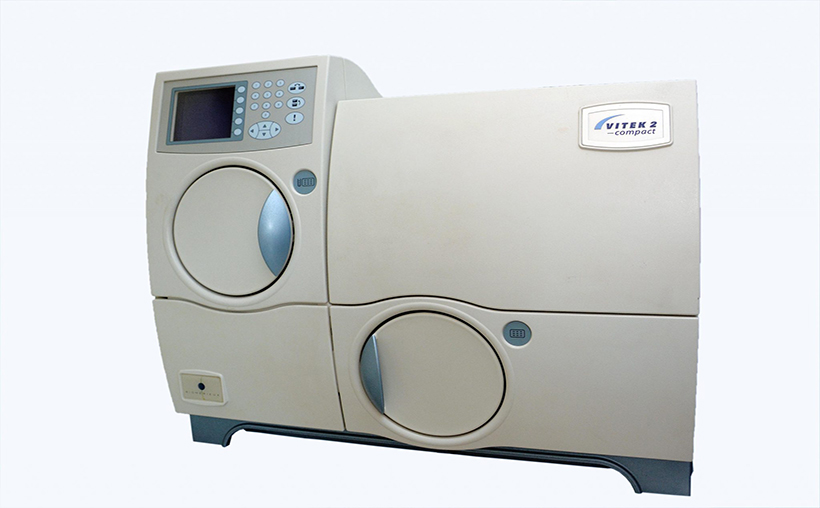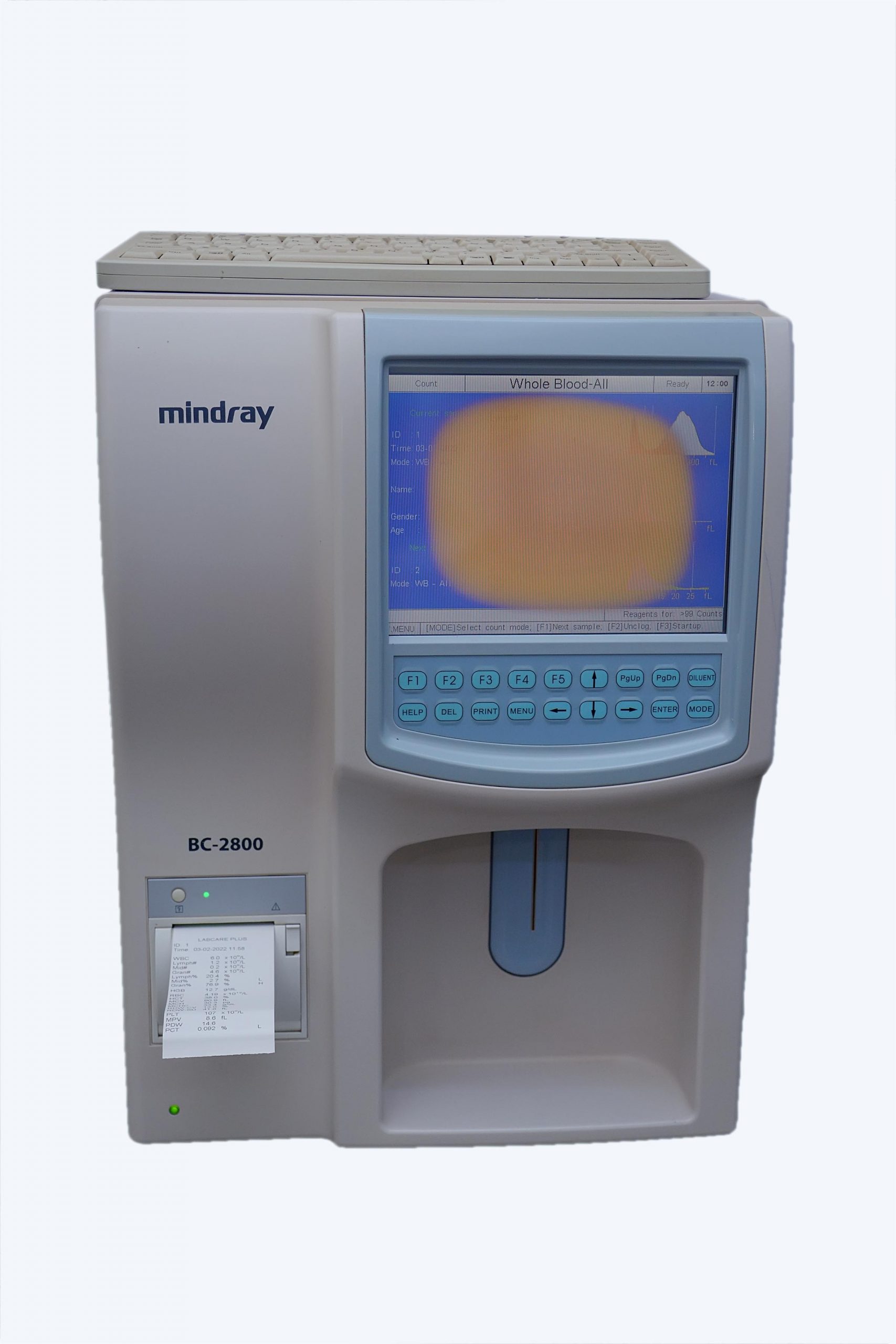Immunodiagnostic assays are procedures that utilize products of the immune response as integral parts of the test. Basically, immunodiagnostic assays use antibodies generated either against a single antigen or antigens associated with a specific analyte, pathogen, or disease condition
Read MoreHaematology is a branch of medical science that studies the morphology of blood and blood-forming tissues. It covers the cellular composition of blood, blood cell formation, haemoglobin synthesis and all related disorders. Haematological parameters are widely used to support diagnoses and treatment monitoring.
Haematology studies red and white blood cells and platelets, their relative proportions, general cell health and the diseases caused by imbalances between them. Red blood cells have several important roles, but their most important function is to carry oxygen (O2) and carbon dioxide (CO2). White blood cells are an indispensable part of the body’s immune defence system, while platelets play an essential part in blood coagulation. All cells are necessary, but they must be maintained in the right proportions or systems will break down.
Read More

